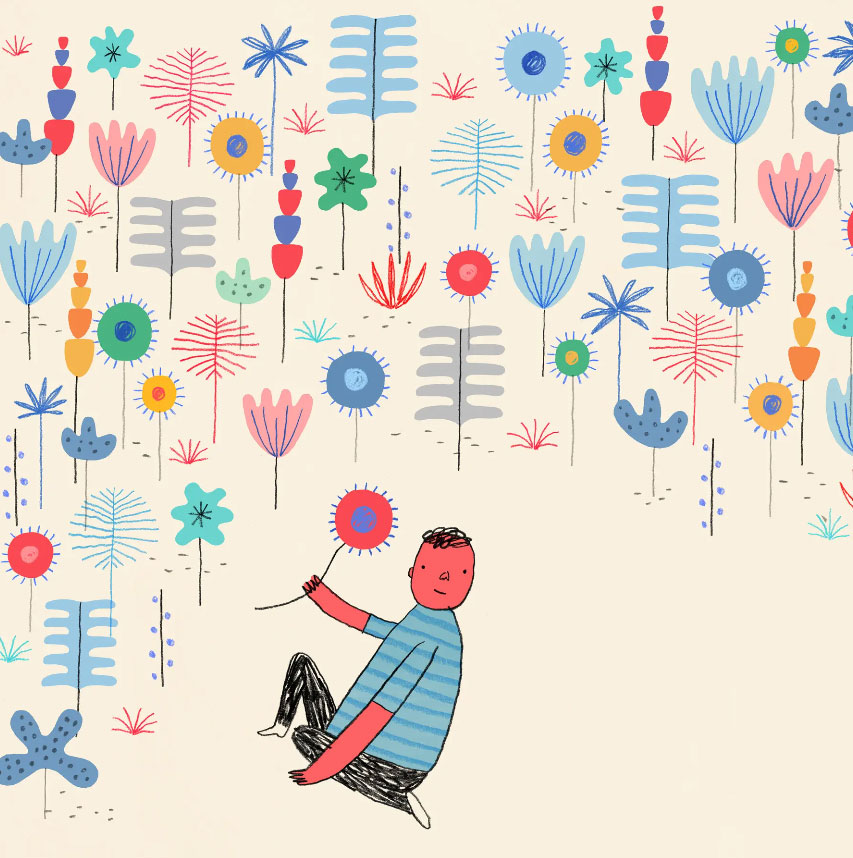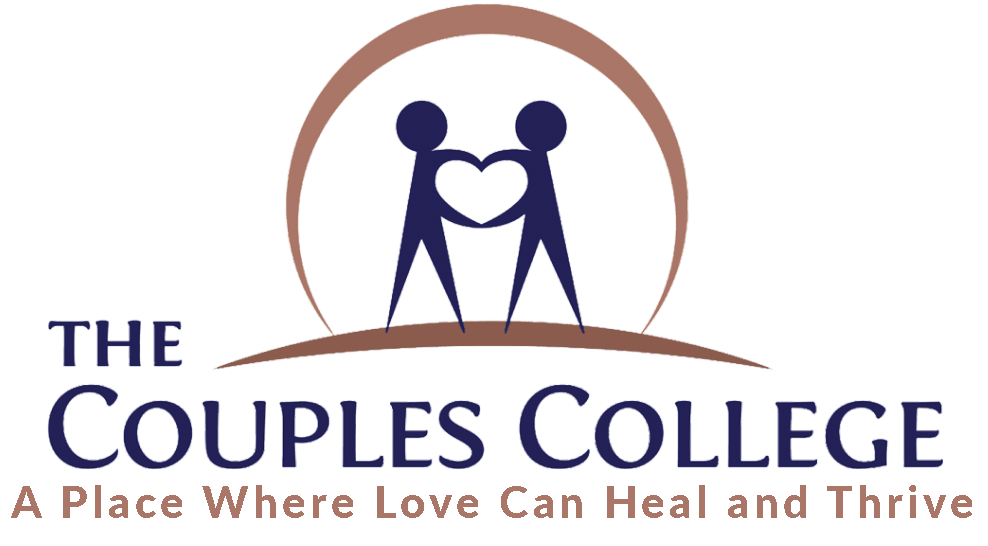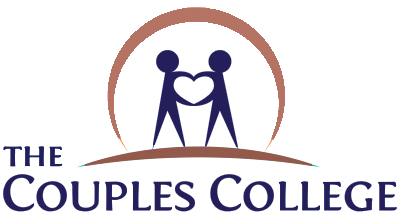
Seven Ways to Love Better – December Couples Tip
Daniel Jones has edited the New York Times Modern Love column for 20 years.
Two decades ago, on Oct. 31, 2004, a short note appeared on the front page of this newspaper along with stories about Yasir Arafat’s health and the looming election between George W. Bush and John Kerry. It read:“Modern Love: Introducing a new weekly column about love and relationships.Today, Steve Friedman says he is just fine after getting dumped. Just fine.Really.”
So began my long, strange trip editing Modern Love, talking to strangers every week about the most intimate details of their romantic, familial and platonic entanglements — and then publishing their stories for hundreds of thousands or even millions of readers.
I never dreamed I would still be doing this job 20 years and some 200,000 submissions later, but it has been a wonderful run. Over time, with the help of my colleague, Miya Lee, Modern Love has grown to include a podcast, books, live performances, another weekly column of 100-word TinyLove Stories, and television shows in the UnitedStates, India, Japan and the Netherlands.
Modern Love began the same year as Facebook, three years before iPhones, eight years before Tinder, and 11 years before same-sex marriage became legal nationwide. The world has changed a lot in two decades, and my life changed, too. When this column started, I was 41, married for 12years, with two children in grade school. Now I am 61, separated for three years, my two children having long left home for jobs and lives of their own.
I published hundreds of stories about separation, divorce, online dating and blended families without ever thinking they might one day apply to me.
I read tens of thousands of essays about the death of a loved one without having experienced that myself — until earlier this year when my father died.
Millions of readers have been helped by the many raw and inspiring stories of people trying to grow and change after a relationship’s end. Now those stories are helping me.
Recently I joked to my friend and Modern Love podcast hostAnna Martin that this column has become like a 401(k) plan for me — only it’s an annuity of life lessons. For all these years I poured my ideas, skills and heart into this column, and now it’s giving back, not in dollars but in hard-earned wisdom. Good thing there’s no penalty for early withdrawals.
Here I present — with gratitude to this column’s wise, brave and generous writers — the seven lessons that have helped me most.
Love is more like a basketball than a vase.
Relationships involve conflicts that can lead either to intimacy or distance, to bonding or rupturing, depending on how you handle them. How you negotiate conflict may prove to be the single most important indicator of your compatibility.
I have never been comfortable with conflict, but I’m trying to get better at it. Which is why Thomas Hooven’s 2013 essay, “Nursing a Wound in an Appropriate Setting,” affected me so deeply. Thomas was like me in many ways, thinking a romantic relationship was supposed to be a refuge from conflict, not a source of it. He and his fiancée had both emerged from difficult childhoods to find peace with each other, but anything other than peace felt threatening.
His fiancée, perhaps sensing the fragility of this dynamic, broke off their engagement just three weeks before their wedding, devastating him.
Off Thomas went to his medical residency in pediatrics, which became his boot camp in learning the complexities and dark corners of love. He emerged more fully human, and stronger.
“By the time I met my wife,” he writes, “I was a changed man and a real doctor. And our love developed differently from any I had experienced before. Less like a crystal vase, more like a basketball, our relationship is made for bouncing — for the good and sometimes rough play that modern professional lives generate. We do have fights (oh, yes, we do), but they do not threaten our foundation. They deepen it.”
Your curiosity is more appealing than your accomplishments.
The most popular Modern Love article of all time, “The 36 Questions That Lead to Love,” has been read by more than 75 million people.Nothing I have (or will ever) put out into the world will effect more positive change than that short article.
My hope is that most readers absorbed the simple truth that being curious about people you meet is far more seductive than talking about your accomplishments. The most common complaint I hear (by far) about bad first dates is of people droning on about themselves and not asking questions. So skip the self-promotion. Be curious instead. If you need prompts, here are 36 of them.
Be present, especially with your loved ones.
My son is 26, but when he was a little boy, I used to read to him every night, the two of us curled up in a big chair, as I had done with my daughter before him. In his case, though, I had read his favorite books so many times that he learned to recite them from memory as I flipped the pages, even though he didn’t yet know how to read.
I wish I could go back to that time. The paradox of early parenthood is that it can be as stressful as it is joyful, and you often need to push yourself to relax into those precious moments.
Chris Huntington, in his essay, “Learning to Measure Time in Love and Loss,” writes about a having a similar routine with his son, with the twist that every night they also share their best and worst moments of the day. One night, preoccupied with his litany of worries,Chris realizes something is missing, and says, “We forgot to do best and worst moments. What was your best moment of the day?”
“This is, Daddy,” his son says, nudging his chin into his father’s shoulder. “This is.”
Tears sprung from my eyes the first time I read that line, and I never forgot its lesson: Be in the moment. Stop thinking about the future or the past, about what may or may not happen, and put away your phone. If a child in your lap asks about the best part of your day, say, “This is.”
Write well, love well.
The editor in me has noticed over time that the qualities of good personal writing — honesty, generosity, open-mindedness, curiosity, humor and humility — are the same as the qualities of someone with whom you would want to have a relationship.
Likewise, the qualities of bad personal writing —dishonesty, withholding, blame, pettiness, dismissiveness and egotism — are the same as the qualities of someone with whom you would not want to have a relationship.
This does not mean that good writers have good relationships or that bad writers have bad relationships. It does mean that you should strive to be honest, generous, open-minded, curious, funny and humble both in writing and in love.
Always lead with empathy.
This is simple to state, hard to practice. But I think often of a former Canadian soldier, Benjamin Hertwig, whose essay, “In the Waiting Room of Estranged Spouses,” chronicles his discovery that his wife was having an affair.
They separate, and in seeking help, Benjamin finds himself in a psychologist’s waiting room with the wife of his ex’s lover, a woman namedCatherine. Incredibly, she has an appointment to see the same psychologist around the same time for the same reason. Catherine has a toddler son, andBenjamin ends up hanging out with them and feeling close to the boy. But he remains angry and bitter about the affair.
One day he encounters his ex-wife’s lover in the grocery store, a man he has hated and had nightmares about. But nothing much happens.The other guy meekly asks if he wants to have a beer and talk about it, whichBenjamin scoffs at. But as he writes, “I couldn’t summon any real anger. He was just a young boy’s tired father. He wasn’t even unkind.”
“In the months that followed,” he continues, “thinking of my ex-wife’s lover as that sweet boy’s father was somehow very helpful for me. I had held Catherine’s boy, felt the good weight of his body, and eventually I learned that it’s hard to hate a person when that person was a part of bringing something good into the world.”
Appreciate the beauty of impermanence.
A compatibility question on a dating app asks if you would choose to live forever if you could. Many people say yes, which always surprises me: Have they considered what living forever would mean? Nothing that’s limitless can be precious. Life and love are fleeting, which is why we hold onto them so dearly.
This point was driven home by Alisha Gorder in “OneBouquet of Fleeting Beauty, Please,” in which she writes about the flower shop where she worked in Portland, Ore. Alisha ruminates on the meaning of flowers at special occasions — weddings, funerals — and how they lose their petals and shrivel so quickly. Why do we treasure flowers, she wonders? Why not something that lasts?
Then Alisha tells us what this story is really about, that her high school boyfriend died by suicide when she was 18, leaving her to make sense of who he was and what they had together. She finds solace in understanding that it’s not that flowers (and love) are beautiful and fleeting; they’re beautiful because they are fleeting. Meaning we must cherish them in the moment, knowing they can’t last. As she puts it, upon seeing a wash of flower petals littering the ground: “How startlingly beautiful impermanence can be.”
Relationships don’t have to last to be good.
There is no rule that a relationship must last a certain amount of time to count as a “success,” just as one that ends hasn’t necessarily “failed.” Every relationship we have, short or long, can be good, essential, even transformative, and have lasting value.
In “The12-Hour Goodbye,” Miriam Johnson was struggling to get over a breakup. Her boyfriend was leaving her for reasons she couldn’t understand, despite the two of them talking it through for 12 straight hours. She thought they had been so good together. Their relationship had stoked in her a passion to pursue work involving animal welfare. After their split, she stumbled into an opportunity to do so, which helped her restart her life. But she couldn’t get over her ex.
“It’s been a year since we broke up,” she says to her therapist. “I thought my dream job and exercise would heal me, but I still think about him every day. What more can I do to let go?”
“You’re asking the wrong question,” her therapist replies.“It’s not about getting over and letting go. It’s about honoring what happened.You met a person who awoke something in you. A fire ignited. The work is to begrateful. Grateful every day that someone crossed your path and left a mark on you.”



